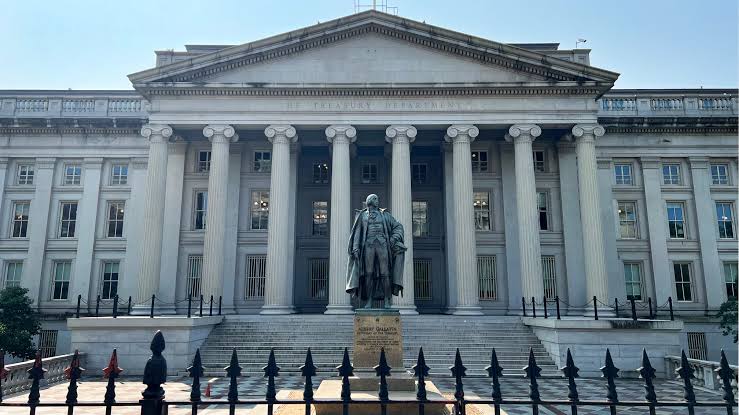The U.S. Treasury Department’s latest plan on how to manage digital asset taxes will face a lengthy road as it enters a months-long period of public comments and hearings, as seen by the immediate burst of criticism from the crypto industry.
Complaints about the proposal’s reach, in particular how the tax-reporting requirements may include decentralised crypto activities that the industry would contend are hard to bring into conformity, rapidly flooded X, the site formerly known as Twitter.
The proposal is “overbroad” as written, according to Miller Whitehouse-Levine, the CEO of a decentralised finance (DeFi) advocacy organisation, who posted on a social networking platform. These clauses allow it to include all kinds of companies. He gave the example of self-hosted or unhosted wallets.
The plan, he claimed, “still attempts to find third-parties [sic]’responsible for effectuating transfers on behalf of’ a wallet user” despite conceding that self-hosted wallet users “effectuate” their own transfers. “The suggestion asks one to accept that ‘effectuating’ doesn’t mean effectuating in order to square the circle.
Another user on the platform mentioned that any smart contract with a multisignature security configuration, wallet providers like Metamask, decentralised exchanges like Uniswap, and the reporting requirements may apply to them. This would compel these organisations to create new know-your-customer policies for their clients.
“The crypto ecosystem is very different from that of traditional assets, so the rules must be tailored accordingly and not capture ecosystem participants that don’t have a pathway to compliance,” said Kristin Smith, CEO of the Blockchain Association, in a statement shortly after the proposal surfaced.
Smith acknowledged this, but he also pointed out the other side of the argument: that the new regulations may make it easier for the vast majority of cryptocurrency investors to file their taxes, removing a significant barrier to widespread participation in digital assets.
According to Smith, if these regulations are implemented properly, they might assist give regular crypto users the information they need to properly comply with tax laws.
The Treasury and Internal Revenue Service will receive the industry’s concerns by October 30. Public hearings will then be held on November 7 and 8. The lengthy document’s writers included language in the plan that invites suggestions from the crypto industry.
One immediate plus of the proposal’s breadth was that it typically excluded cryptocurrency mining businesses, which had been a concern when the 2021 infrastructure bill dictated the tax rules.

